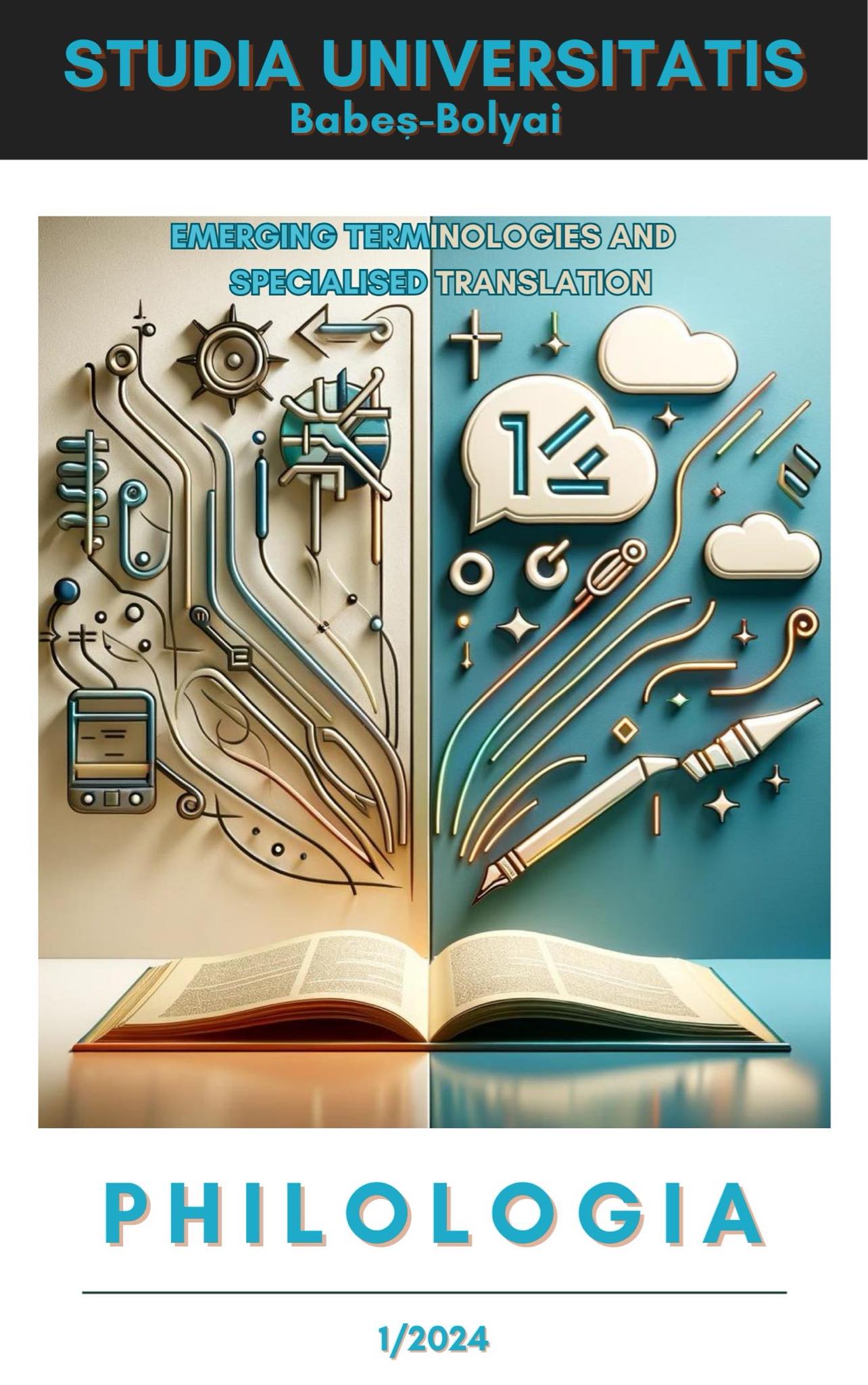Francis Leneghan, "The Dynastic Drama of Beowulf" (Anglo-Saxon Studies 39), Cambridge: D. S. Brewer, 2022 (paperback edition), pp. vii, 300.
Abstract
Despite the considerable amount of scholarship dedicated to the most important Old English poem, Francis Leneghan manages to make a major contribution to Beowulf exegesis. This book discusses at large the three royal dynasties in the poem (the Scyldings, the Scylfings, and the Hrethlings), and the role their struggles play in the larger landscape of Scandinavian royal legends. The introduction contextualises the manuscript, and offers information on the text’s origin, while also providing a brief overview of earlier critical reception. It then moves on to a succinct discussion of the major themes of the poem, including kingship and dynasties. The reader is given extensive guidance through ample annotations and footnotes. Chapter One distinguishes between three stages in the life cycle of a dynasty: founding, maturity and the inevitable fall. Thus, the poem begins with the story of Scyld Scefing, the destitute child who became the founder of a dynasty. The youthful phase of the dynasty is in place, and Scyld’s offspring thrive after his death. Beowulf therefore becomes a poem about the life cycle of dynasties, and how and why they differ.
Author Biography
Andrei CRIȘAN
Faculty of Letters, Babeș-Bolyai University, Cluj-Napoca, Romania. ioan.crisan2@ubbcluj.ro.
Faculty of Letters, Babeș-Bolyai University, Cluj-Napoca, Romania. Email: ioan.crisan2@ubbcluj.ro.
Downloads
Published
How to Cite
Issue
Section
License
Copyright (c) 2024 Studia Universitatis Babeș-Bolyai Philologia

This work is licensed under a Creative Commons Attribution-NonCommercial-NoDerivatives 4.0 International License.





 ©Studia Universitatis Babeş-Bolyai Philologia. Published by Babeș-Bolyai University.
©Studia Universitatis Babeş-Bolyai Philologia. Published by Babeș-Bolyai University.